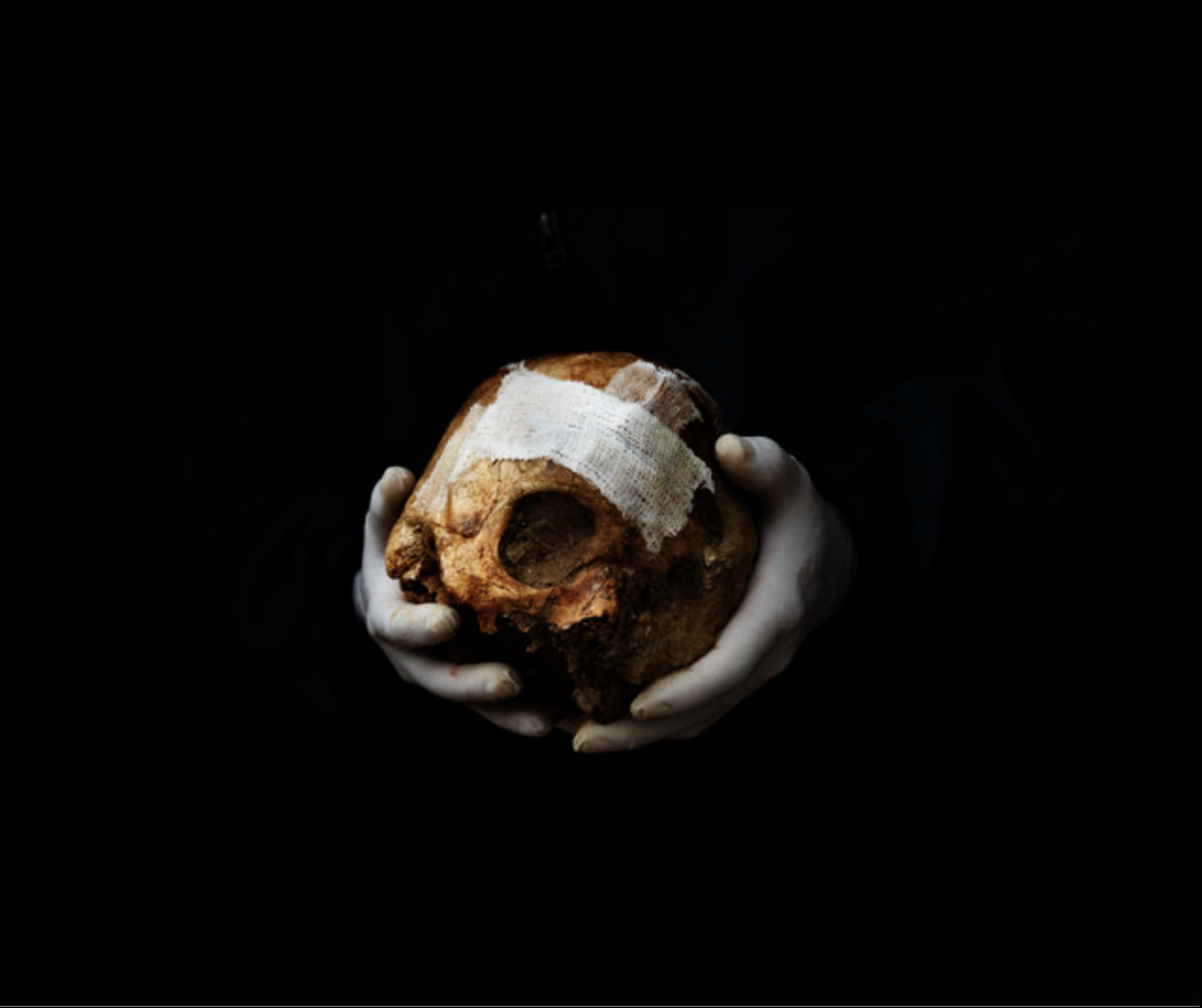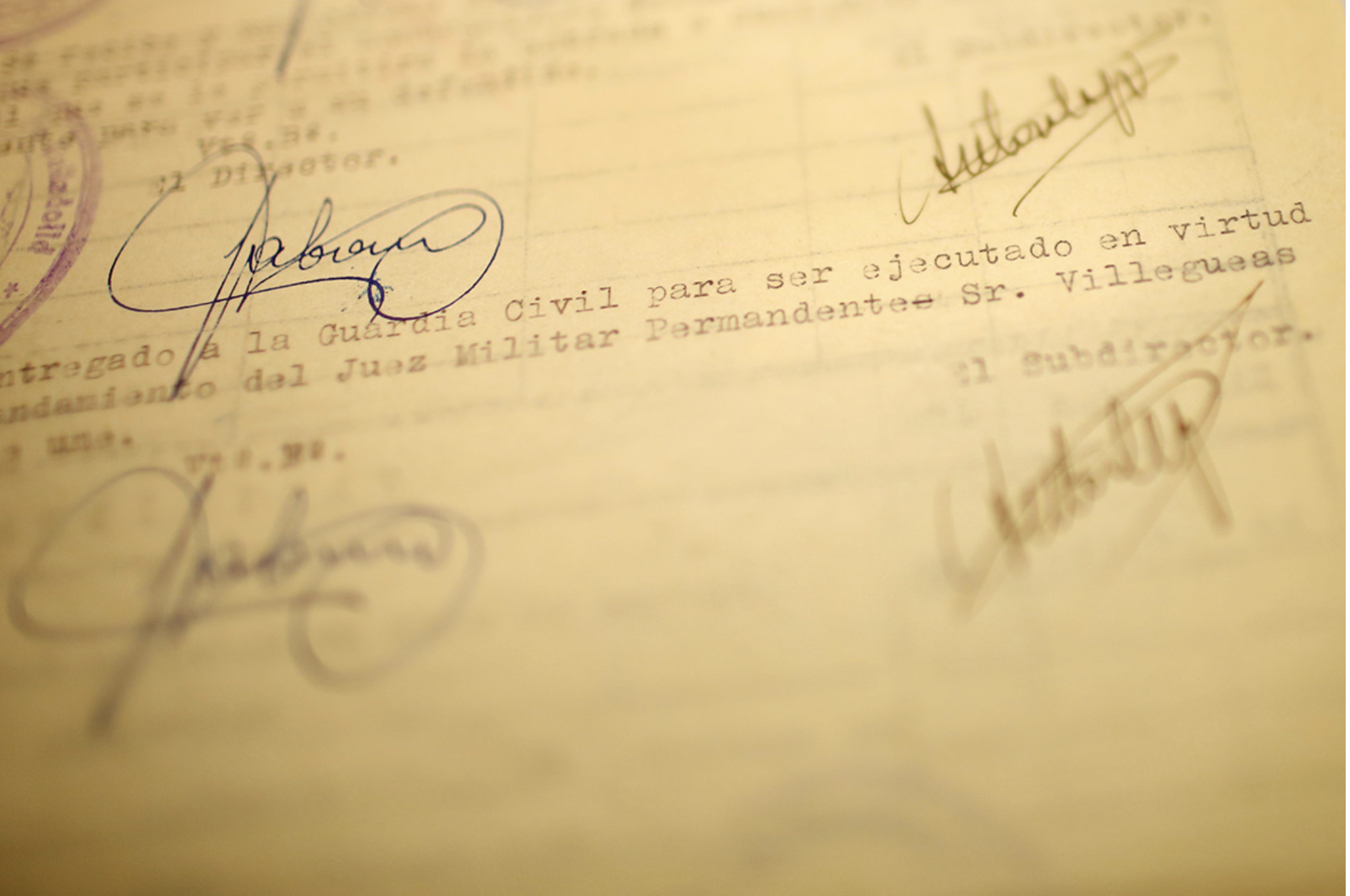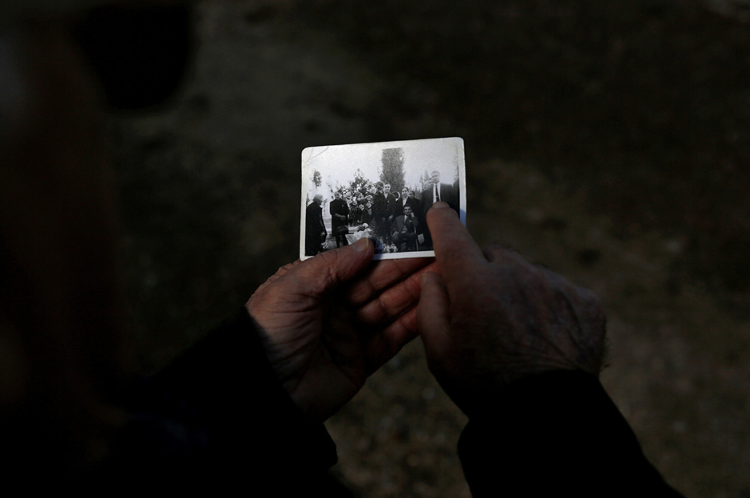
ABOUT
Human Rights Human Remains advances a pioneering analysis of the ‘forensic turn’ in humanitarianism and human rights. This refers to the application of forensic techniques to the exhumation of mass graves, and to the identification of the deceased victims of atrocities such as enforced disappearance, torture, genocide and war crimes. This field of activity has flourished since the mid 1980s in diverse settings such as Argentina, Chile, Guatemala, Mexico, Rwanda, South Africa, Sierra Leone, Morocco, Iraqi Kurdistan, Indonesia, East Timor, Bosnia-Herzegovina, Cyprus and Spain, amongst others. Forensic work in these contexts has different objectives. On the one hand, it yields evidence for legal trials. On the other, it advances humanitarian aims by facilitating the return of the dead to their families.
FORENSIC POWERS
The exhumation of mass graves and the forensic identification of victims carry enormous social force. They represent a powerful way of making the facts visible and establishing the truth about what happened. As a result, they have come to play an important role in addressing legacies of mass violence, and in attempts to do justice for the victims. Yet, forensic work is also a social act. It interacts with legal, political and humanitarian demands which include establishing accountability by contributing evidence to legal trials, combatting political and social denial by rewriting the historical truth about what happened, and returning the dead to families to assist psychological closure. It can also be seen as an act of care for the dead and their relatives. At the same time, by providing legal evidence, serving justice, restoring familial ties and facilitating burial rites, forensic work is firmly lodged within a range of social, legal and political practices that restore order and social control.
HISTORY, DEATHWORK, RIGHTS
There persists a popular perception that forensic truth triumphs all others. This view is often mirrored by political processes that look to forensics to establish the truth about mass atrocities, such as Argentina’s truth commission in the mid-1980s. Human Rights Human Remains challenges that perception by investigating the historical, social and political contexts giving rise to the forensic turn. It will show how it is shaped by the very factors it seems to trump, with radical implications for both forensic action and human rights. It asks, what is the history of the forensic turn in humanitarianism and human rights? What forms of deathwork does it present? Why is the Mexican case significant to this history? And, can we now argue, as a result of extensive forensic activity, that the dead have human rights? The project puts these questions into dialogue with broader considerations of the significance of the mass dead to political life, diverse forms of deathwork, and the longer history of the administration and bureaucratisation of death itself.
Human Rights Human Remains aims to change the way we think about forensic action and human rights, and in the process, revitalise debate about the relationship of science to human rights.




